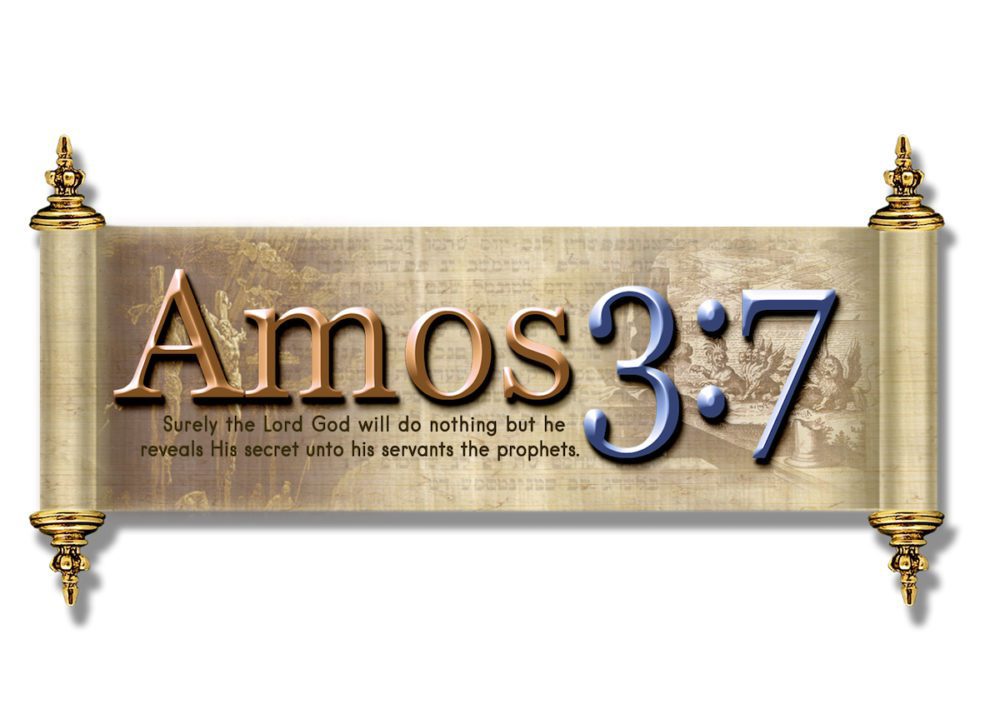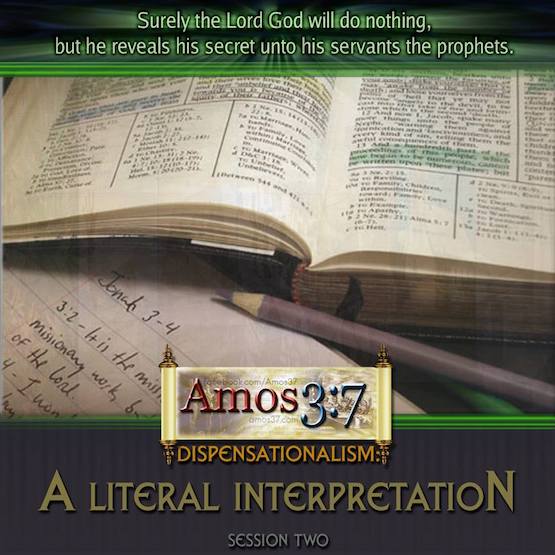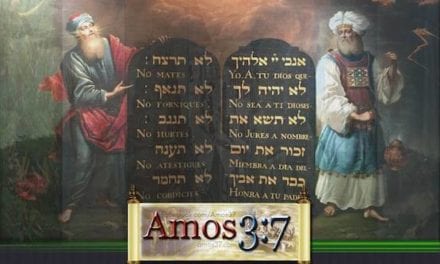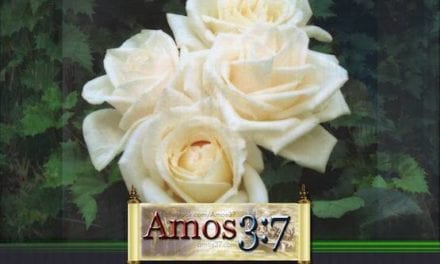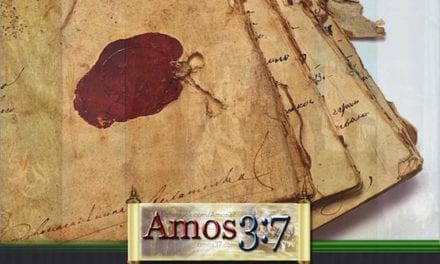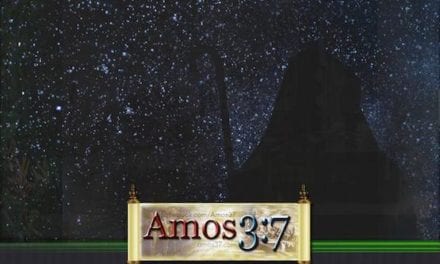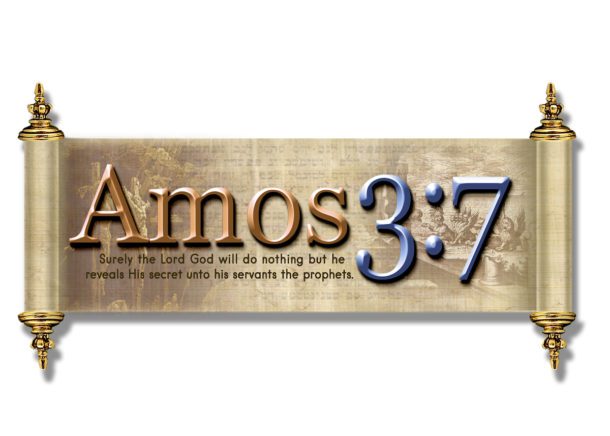Take a tour of a comprehensive understanding of Dispensationalism with Dr. Robert Dean. Today Dr. Dean looks at the nature of various schools of Theology in relation to Interpretation. Amos37 has spent years researching the various positions of Amillennialism, Postmillennialism, Prewrath/Mid-tribulation View, Historic Premillennialism, Dispensational Premillennialism, Preterism, and their variants. It is our earnest desire that you grow in grace and in mercy. With this in mind, we offer Dr. Deans exhaustive approach will help you understand the issues and components of various theologies. Do your own study and compare with the word of God.
And they shall destroy the walls of Tyrus, and break down her towers: I will also scrape her dust from her, and make her like the top of a rock. Ezekiel 26:1-6
Dispensationalism: A Literal Interpretation Session 02
Download Audio & Notes:
Audio: listen, download, Transcript: read, slides
Meaning of Greek: Dispensation
Dispensation: Greek: οἰκονομία (oikonomia) 1. the management of a household or of household affairs… administration, dispensation.
Dr. Dean says, “What do we mean when we say a consistent literal historical grammatical interpretation?
First of all, the concept of literal as defined by Webster’s New International Dictionary states, “literal means the natural or usual construction and implication of a writing or expression…” Expression would cover verbal statements as well. “…following the ordinary and apparent sense of words; not allegorical or metaphorical.”
Now, when it comes to literal interpretation, dispensationalist believe that the normal everyday use of language includes numerous idioms and figures of speech that are not taken at just surface dictionary meaning of the terms. And we run into those kinds of things all the time in language. Trust me; just go to a foreign country where you have to teach through an interpreter to discover how idiomatic and figurative our language is. We all use a lot of slang terms. We may not even identify them as slang terms, but they are not literal, and just try to communicate through an interpreter who is not adapt to translating American idioms. You are going to run into problems very quickly.
So, the literal doesn’t mean wooden. This is what our critics say; that we just want to hold to a wooden, rigid, meaning of language. That is not what we are saying, we are saying that we hold to the use of language in its normal everyday sense and that what we must understand, therefore, is how the original languages of Scripture, the Hebrew and Aramaic in the OT; Greek in the NT, was understood by the man on the street. Now this is important because the man on the street in the NT wasn’t speaking Attic Greek or Boasian Greek or any other kind of Classical Greek; he was speaking Koine Greek. Koine means “common Greek.” He was speaking the street language. The NT was written in street language, the language of the everyday person. Even though there may have been idioms or expressions that had their roots ultimately in Classical Greek. The man on the street did not know that from anything else; he just used those expressions as they had meaning in the time in which he lived. He didn’t need to know anything beyond that.” See full Transcript
About Dr. Robert L. Dean Jr.
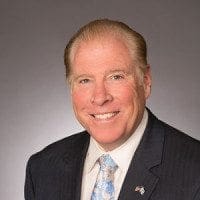 Before coming to West Houston Bible Church, Dr. Dean was the Pastor of Preston City Bible Church in Preston, Connecticut. Prior to that, he had served churches in both the Dallas and Houston, Texas areas and has over 35 years of pastoral experience.
Before coming to West Houston Bible Church, Dr. Dean was the Pastor of Preston City Bible Church in Preston, Connecticut. Prior to that, he had served churches in both the Dallas and Houston, Texas areas and has over 35 years of pastoral experience.
Dr. Dean is a much sought after Bible teacher both in the United States and overseas. He serves on the adjunct faculty of Faith Evangelical Seminary and is the Chairman of the Governing Board for Chafer Theological Seminary.
Dr. Dean trained for the ministry at Dallas Theological Seminary where he earned a Th.M. in Hebrew and Old Testament Studies and later returned to pursue a Ph.D. in theological studies with an emphasis in Historical Theology. He also earned an M.A. in Philosophy from the University of St. Thomas (1987) and a Doctor of Ministry degree from Faith Evangelical Seminary (2002). In 1988 he was recognized as an Outstanding Young Man of America, and in 1989 was listed in the Who’s Who in American Christian Leadership.
His academic training in Greek, Hebrew, theology, philosophy, and history enables him to study the Bible in the original languages and show how these eternal truths are as vital today as always.
For much more see: For Credit and more classes from deanbibleministries.org
chafer.edu
